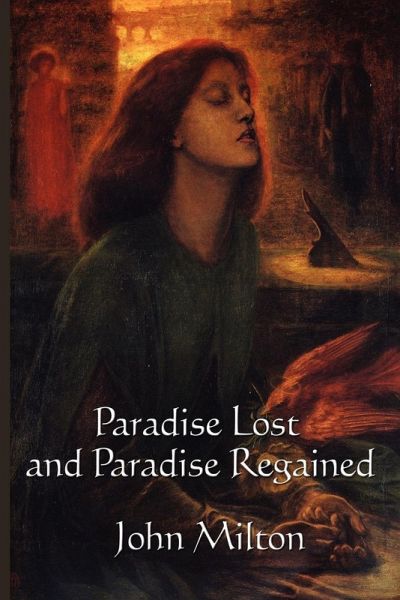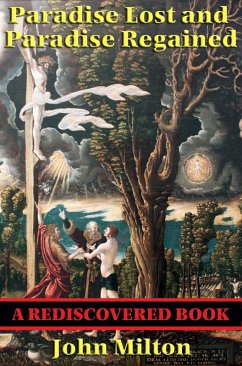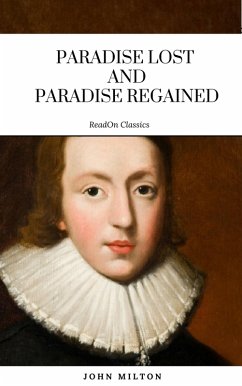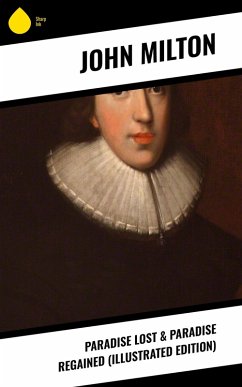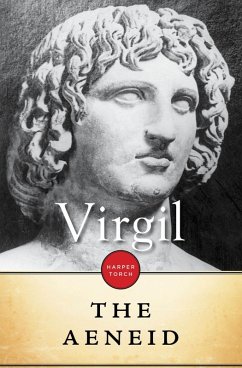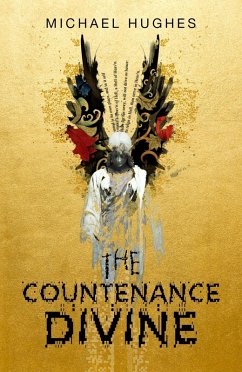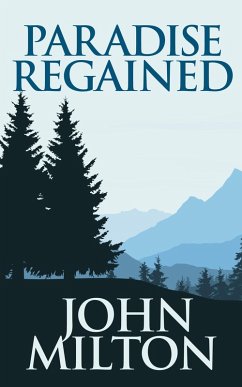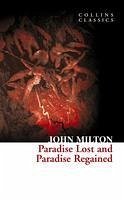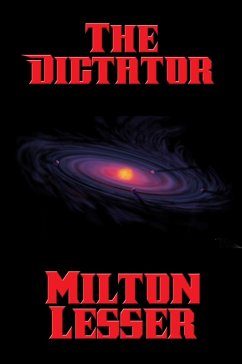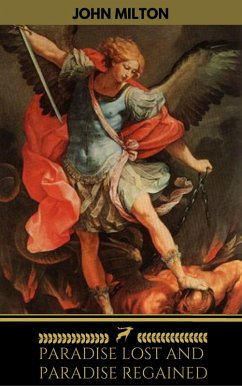John Milton (9 December 1608 - 8 November 1674) was an English poet, polemicist, man of letters, and civil servant for the Commonwealth of England under its Council of State and later under Oliver Cromwell. He wrote at a time of religious flux and political upheaval, and is best known for his epic poem Paradise Lost (1667), written in blank verse. Writing in English, Latin, Greek, and Italian, he achieved international renown within his lifetime, and his celebrated Areopagitica (1644), written in condemnation of pre-publication censorship, is among history's most influential and impassioned defences of freedom of speech and freedom of the press. His desire for freedom extended into his style: he introduced new words (coined from Latin) to the English language, and was the first modern writer to employ non-rhymed verse outside of the theatre or translations. William Hayley's 1796 biography called him the "greatest English author",[1] and he remains generally regarded "as one of the preeminent writers in the English language",[2] though critical reception has oscillated in the centuries since his death (often on account of his republicanism). Samuel Johnson praised Paradise Lost as "a poem which...with respect to design may claim the first place, and with respect to performance, the second, among the productions of the human mind", though he (a Tory and recipient of royal patronage) described Milton's politics as those of an "acrimonious and surly republican".[3] Poets such as William Blake, William Wordsworth and Thomas Hardy revered him. The phases of Milton's life parallel the major historical and political divisions in Stuart Britain. Milton studied, travelled, wrote poetry mostly for private circulation, and launched a career as pamphleteer and publicist under the increasingly personal rule of Charles I and its breakdown into constitutional confusion and war. The shift in accepted attitudes in government placed him in public office under the Commonwealth of England, from being thought dangerously radical and even heretical, and he even acted as an official spokesman in certain of his publications. The Restoration of 1660 deprived Milton, now completely blind, of his public platform, but this period saw him complete most of his major works of poetry.
